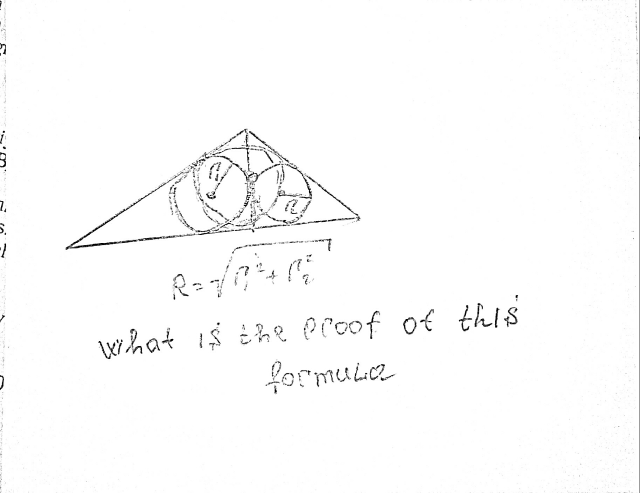
AlgebraQuestion and Answers: Page 324
Question Number 50710 Answers: 2 Comments: 0
Question Number 50698 Answers: 1 Comments: 0
Question Number 50580 Answers: 2 Comments: 0
Question Number 50511 Answers: 1 Comments: 0
Question Number 50446 Answers: 0 Comments: 2

Question Number 50387 Answers: 0 Comments: 0
Question Number 50386 Answers: 1 Comments: 0
Question Number 50383 Answers: 0 Comments: 0
Question Number 50380 Answers: 0 Comments: 0
Question Number 50379 Answers: 0 Comments: 0
Question Number 50377 Answers: 0 Comments: 0
Question Number 50376 Answers: 0 Comments: 0
Question Number 50375 Answers: 1 Comments: 0
Question Number 50374 Answers: 0 Comments: 0
Question Number 50373 Answers: 0 Comments: 0
Question Number 50372 Answers: 0 Comments: 0
Question Number 50371 Answers: 0 Comments: 0
Question Number 50370 Answers: 0 Comments: 0
Question Number 50369 Answers: 1 Comments: 0
Question Number 50368 Answers: 0 Comments: 1
Question Number 50367 Answers: 0 Comments: 0
$${calculate}\:\sum_{{k}={p}} ^{\mathrm{2}{p}} \:\:\frac{{C}_{{k}} ^{{p}} }{\mathrm{2}^{{k}} } \\ $$
Question Number 50366 Answers: 0 Comments: 0
Question Number 50365 Answers: 0 Comments: 0
Question Number 50364 Answers: 0 Comments: 0
Question Number 50363 Answers: 0 Comments: 0
Question Number 50362 Answers: 0 Comments: 0
Pg 319 Pg 320 Pg 321 Pg 322 Pg 323 Pg 324 Pg 325 Pg 326 Pg 327 Pg 328
